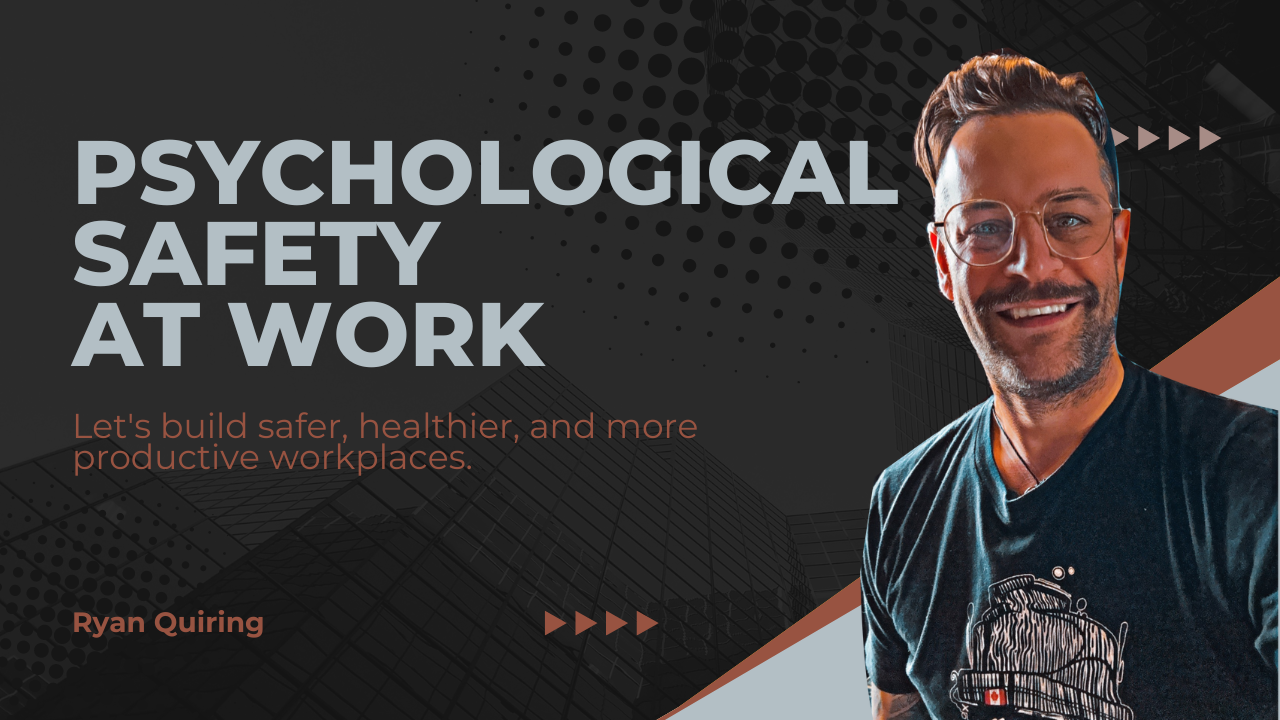I want to explore a standard that is reshaping how we approach mental health in the workplace: CSA Z1003, also known as Psychological Health and Safety in the Workplace. As someone deeply committed to creating psychologically safe work environments, I can tell you that this standard is a powerful framework for transforming workplace culture and supporting employee well-being.
Let’s start with an overview of CSA Z1003. Developed by the Canadian Standards Association (CSA), this voluntary standard provides a systematic approach to developing and sustaining a psychologically healthy and safe workplace. It’s about addressing mental health issues when they arise, creating an environment that promotes mental health and prevents psychological harm.
The standard is built on three key pillars:
- Prevention of harm: Identifying and mitigating workplace psychological health risks.
- Promotion of health: Fostering a workplace culture that enhances psychological well-being.
- Resolution of incidents: Addressing issues or concerns promptly and effectively.
CSA Z1003 provides a framework for organizations to:
- Identify psychological hazards in the workplace
- Assess and control risks associated with these hazards
- Implement practices that support and promote psychological health
- Foster a culture of trust, honesty, and fairness
- Measure and monitor the effectiveness of their psychological health and safety system
Now, why does this matter? Why should both employees and organizations care about implementing this standard?
For employees, the benefits are clear. A workplace that adheres to CSA Z1003 is one where:
- Mental health is destigmatized and openly discussed
- There are clear processes for addressing psychological health concerns
- Work-related stress is actively managed and mitigated
- There’s a focus on work-life balance and overall well-being
- Employees feel valued, supported, and psychologically safe
This increases job satisfaction, work-life balance and improves mental health and well-being.
For organizations, the benefits are equally compelling:
- Improved productivity: Mentally healthy employees are more engaged, creative, and productive.
- Reduced costs: By preventing mental health issues, organizations can reduce absenteeism, disability claims, and turnover.
- Enhanced reputation: Organizations that prioritize psychological health are seen as employers of choice.
- Better risk management: The standard helps organizations identify and mitigate psychological risks.
- Improved organizational resilience: A psychologically healthy workforce is better equipped to handle challenges and change.
- Legal compliance: While voluntary, the standard can help organizations meet their legal obligations related to workplace health and safety.
Moreover, implementing CSA Z1003 sends a powerful message: the organization values its employees as whole people, not just for their productive output. This fosters a culture of trust, respect, and mutual support.
It’s important to note that CSA Z1003 isn’t a one-size-fits-all solution. It’s a flexible framework that can be adapted to organizations of all sizes and sectors. The key is commitment from leadership, management, and employees at all levels.
Implementing CSA Z1003 is a journey, not a destination. It requires ongoing effort, evaluation, and adjustment. However, the payoff regarding employee well-being, organizational performance, and overall workplace culture is monumental.
I challenge you to consider how your organization measures up to the CSA Z1003 standard. Are there areas where you could improve your approach to psychological health and safety? What small steps could you take to start moving in this direction?
Remember, creating a psychologically healthy and safe workplace isn’t just good for employees… it’s good for business. It’s about creating an environment where people don’t just survive but thrive, where mental health is valued just as much as physical health, and where every individual feels supported, respected, and empowered to bring their best selves to work.
By embracing standards like CSA Z1003, we’re contributing to a broader societal shift in how we view and support mental health. And that’s something we can all feel good about being part of.
